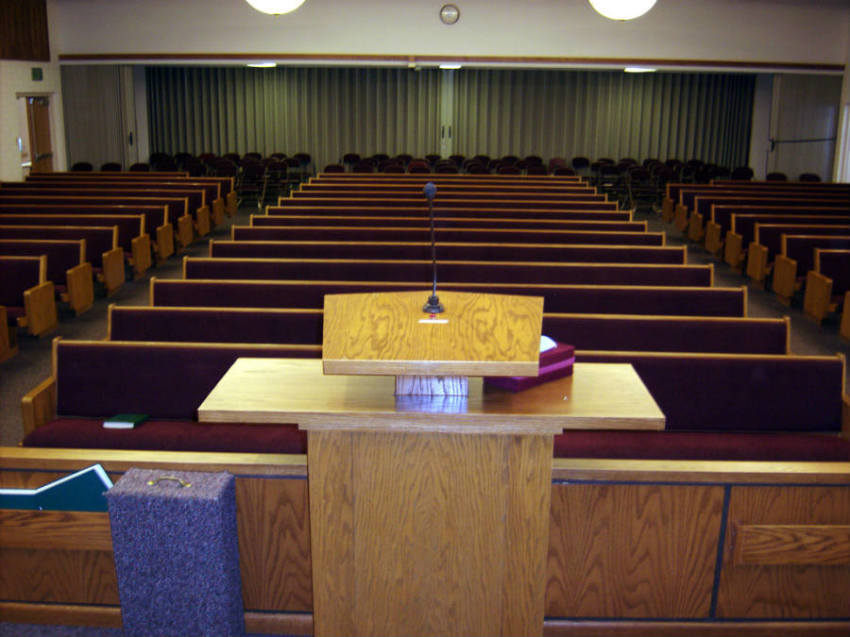Hawaii Gov't Attempting to Silence Churches Ahead of Midterm Elections, Conservative Legal Group Claims

A conservative legal group who recently won a religious liberty case at the Supreme Court warned that the Hawaii government is trying to silence churches ahead of the midterm elections.
The Alliance Defending Freedom sent a letter to Hawaii Attorney General Russell Suzuki on Monday taking issue with a guidance letter he sent out last month regarding charities and political activity.
ADF Senior Counsel Erik Stanley wrote that he believed Suzuki's guidance was "clearly an intimidation tactic leveled at Hawaii's houses of worship to frighten them into silence on the upcoming elections for political office."
"Houses of worship need not be silent during elections out of a misplaced fear that simply participating in the life of their communities and their state, they will somehow run afoul of federal tax law," wrote Stanley.
"Your vague and misleading 'guidance' is nothing more than an attempt to use federal tax law to silence the voice of houses of worship."
Stanley objected to the guidance, noting among other things that Hawaii cannot enforce federal tax law and that he felt the guidance did not give sufficient attention to the things religious bodies are permitted to do.
"Additionally, religious leaders do not surrender their First Amendment freedoms by entering the pastorate," continued Stanley.
"Acting individually, they enjoy the same right to speak as any other citizen. They may freely support or oppose political candidates without violating federal tax law or implicating their church's 501(c)(3) tax status."
On July 23, Hawaii's Department of the Attorney General released a guidance on political activity and charitable organizations in response to the upcoming state and federal elections.
"Tax-exempt charitable organizations should know that they do not share the same legal rights to participate in political activity as individuals and other corporations," stated the Department.
"Organizations exempt from income tax under Internal Revenue Code Section 501(c)(3), which include churches, private schools, universities, and humanitarian organizations, pay no federal or Hawaii income taxes and must operate exclusively for their tax-exempt purposes."
The guidance warned that nonprofits could lose their tax-exempt status should they intervene or participate on behalf of a political campaign. It also noted that tax law "does not restrict the free expression of opinions by individuals or leaders who are associated with charitable organizations."
"Statements advocating for the election or defeat of a candidate by an exempt organization's leadership, however, may threaten the organization's tax-exempt status unless the leaders clearly indicate that their comments do not represent the views of the organization and there is no appearance that the organization's resources were used to issue the statement," continued the guidance.
Among the recommendations, the guidance says to "Avoid publishing any statements right before an election advocating for a public policy issue that may divide political candidates," and to "Monitor website links and review social media content to ensure that political material cannot be connected to the tax exempt organization."



























